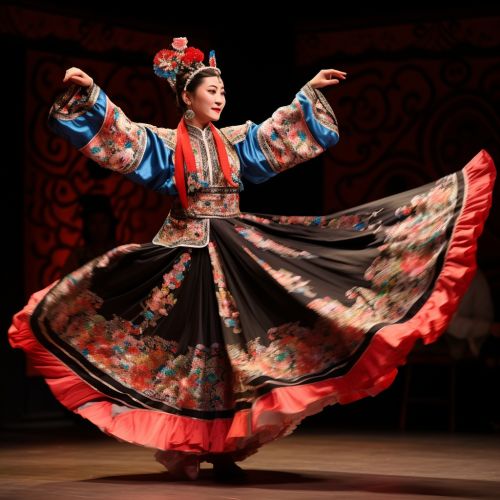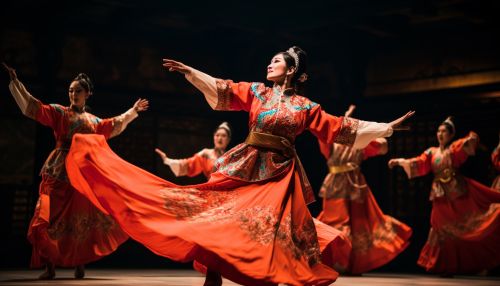Manchuria
History
Manchuria, also known as Northeast China, is a historical region that spans across the northeastern part of China and the southeastern part of Russia. The region is rich in history, with its roots dating back to the Paleolithic era. The region's name, "Manchuria", is derived from the Manchu people, who established the Qing dynasty, the last imperial dynasty of China.
Ancient History
The earliest inhabitants of Manchuria were various nomadic tribes, including the Sushen, Yilou, and the Donghu. The region was later conquered by the Han dynasty in the 2nd century BC, marking the beginning of Chinese rule in Manchuria. The Han established four commanderies, including the notable Lelang Commandery, to administer the region.
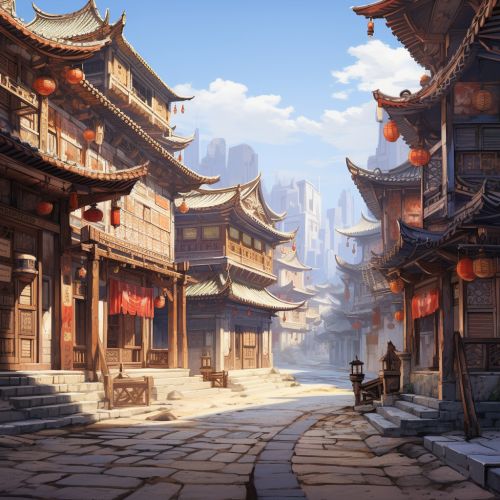
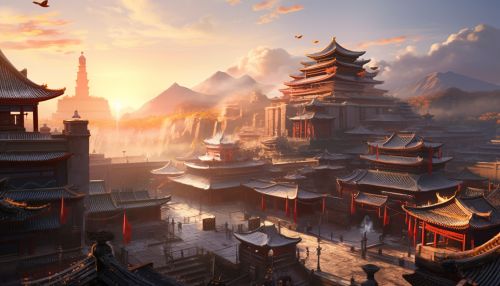
Medieval Period
During the medieval period, Manchuria was a battleground for various empires and dynasties. The region was ruled by the Khitan, Jurchen, and Mongol empires at different times. The Khitan established the Liao Dynasty, while the Jurchen established the Jin Dynasty. The Mongols, under the leadership of Genghis Khan, conquered the region in the 13th century.
Qing Dynasty
The Manchu people, originally known as the Jurchens, established the Qing Dynasty in the 17th century. The Qing Dynasty was the last imperial dynasty of China, ruling from 1644 to 1912. During this period, Manchuria was the homeland of the ruling Manchu elite and was considered a separate entity from China proper.
Geography
Manchuria is geographically diverse, with a mix of mountains, plains, and rivers. The region is bounded by the Amur River to the north and the Great Wall of China to the south. The eastern part of Manchuria is dominated by the Changbai Mountain Range, while the western part is characterized by the Songhua River Basin.
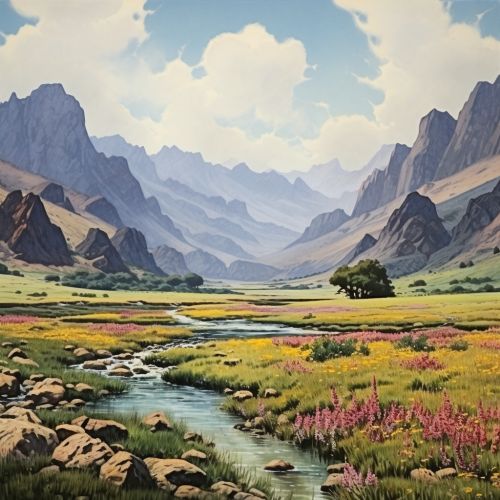

Economy
Manchuria's economy has historically been based on agriculture, with the region being one of the major grain-producing areas in China. However, the region has also been known for its rich mineral resources, including coal, iron, and gold. In the 20th century, Manchuria became a major industrial center, with heavy industries such as steel production and machinery manufacturing dominating the economy.
Culture
Manchurian culture is a blend of various influences, including Chinese, Korean, Mongolian, and Russian. The Manchu people have a rich cultural heritage, with unique traditions in music, dance, and art. The region is also known for its distinct cuisine, which includes dishes such as Manchurian hot pot and Dongbei dumplings.
